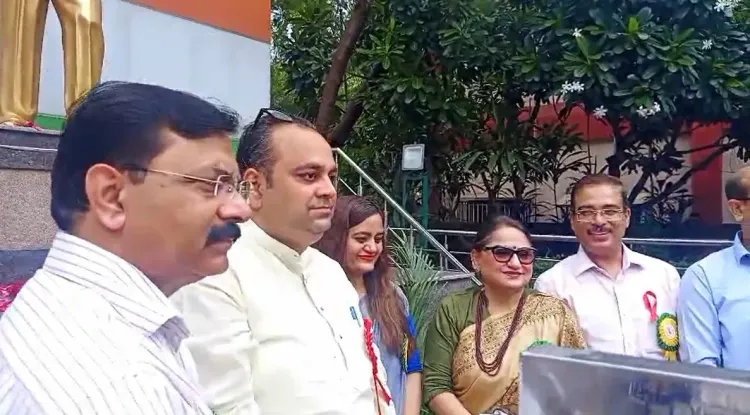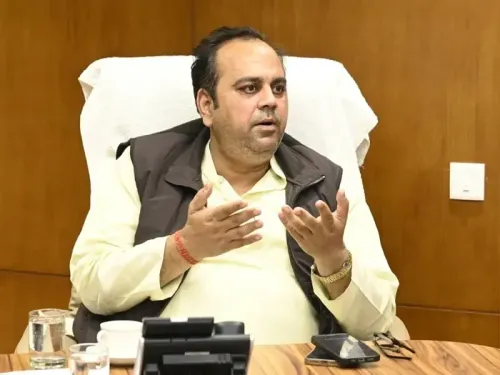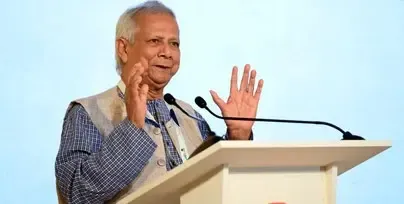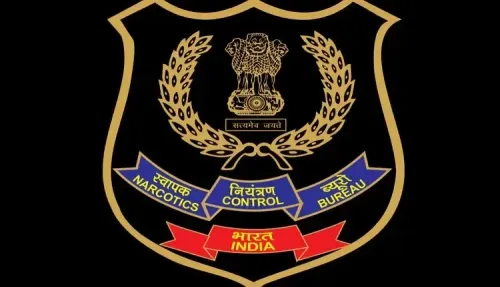Why Did Delhi Health Minister Launch an AIDS Awareness Campaign from Rohini?

Synopsis
Key Takeaways
- The AIDS awareness campaign aims to educate and inform.
- Healthcare workers will engage with communities directly.
- Combating stigma is a primary goal of the initiative.
- NACO is utilizing various media for outreach.
- Awareness efforts include digital engagement and grassroots training.
New Delhi, Aug 12 (NationPress) Delhi Health Minister Pankaj Singh officially commenced a groundbreaking AIDS awareness initiative at Ambedkar Hospital in Rohini on Tuesday, marking the beginning of an extensive public health campaign throughout the city.
Following the launch, healthcare professionals will engage in door-to-door outreach to inform residents about HIV/AIDS prevention, testing, and treatment options.
Pankaj Singh highlighted that this initiative is not merely a one-off event but rather a comprehensive movement aimed at addressing the stigma and misinformation related to the disease.
“This programme is designed to enhance awareness about AIDS. While this awareness campaign is being rolled out across India, we are officially kicking it off here in Rohini today,” Singh stated to IANS.
Singh also addressed the recent ruling from the Supreme Court regarding the removal of stray dogs, stating, “We will take this order into consideration.”
In response to claims that essential medicines are lacking in Delhi hospitals, he challenged, “Please specify where the medicines are unavailable.”
India has made notable progress in its fight against HIV/AIDS, a condition that continues to be a significant public health concern.
Though the country has successfully reduced HIV prevalence in recent years, the journey toward an 'AIDS-Free India' is still ongoing. Current estimates indicate that approximately 2.5 million Indians aged 15–49 are living with HIV/AIDS—ranking third globally.
The National AIDS Control Organisation (NACO), under the Ministry of Health and Family Welfare, leads awareness initiatives through comprehensive multimedia campaigns that promote testing facilities, treatment opportunities, and preventive strategies.
This outreach plan combines mass media advertising, outdoor promotions like hoardings and bus panels, and traditional folk performances for rural engagement. Additionally, IEC (Information, Education, and Communication) vans are deployed to deliver vital messages directly to communities.
With the increase in digital interaction, NACO also utilizes social media and online campaigns to effectively reach younger, technology-savvy audiences, ensuring the message penetrates both urban and rural sectors.
At the grassroots level, awareness is cultivated through training and sensitization of Self-Help Groups, Anganwadi workers, Accredited Social Health Activists (ASHAs), Panchayati Raj members, and other community leaders.
These personal outreach efforts foster trust, motivate testing, and encourage behavioral changes—all vital components in halting the transmission of HIV.










